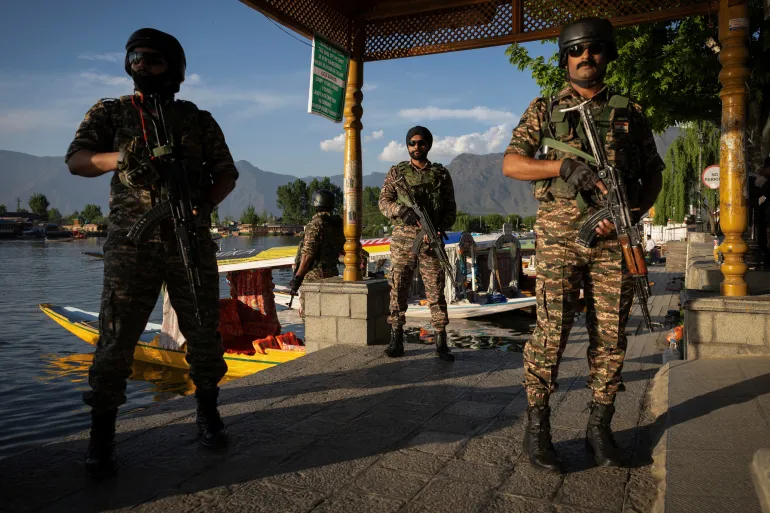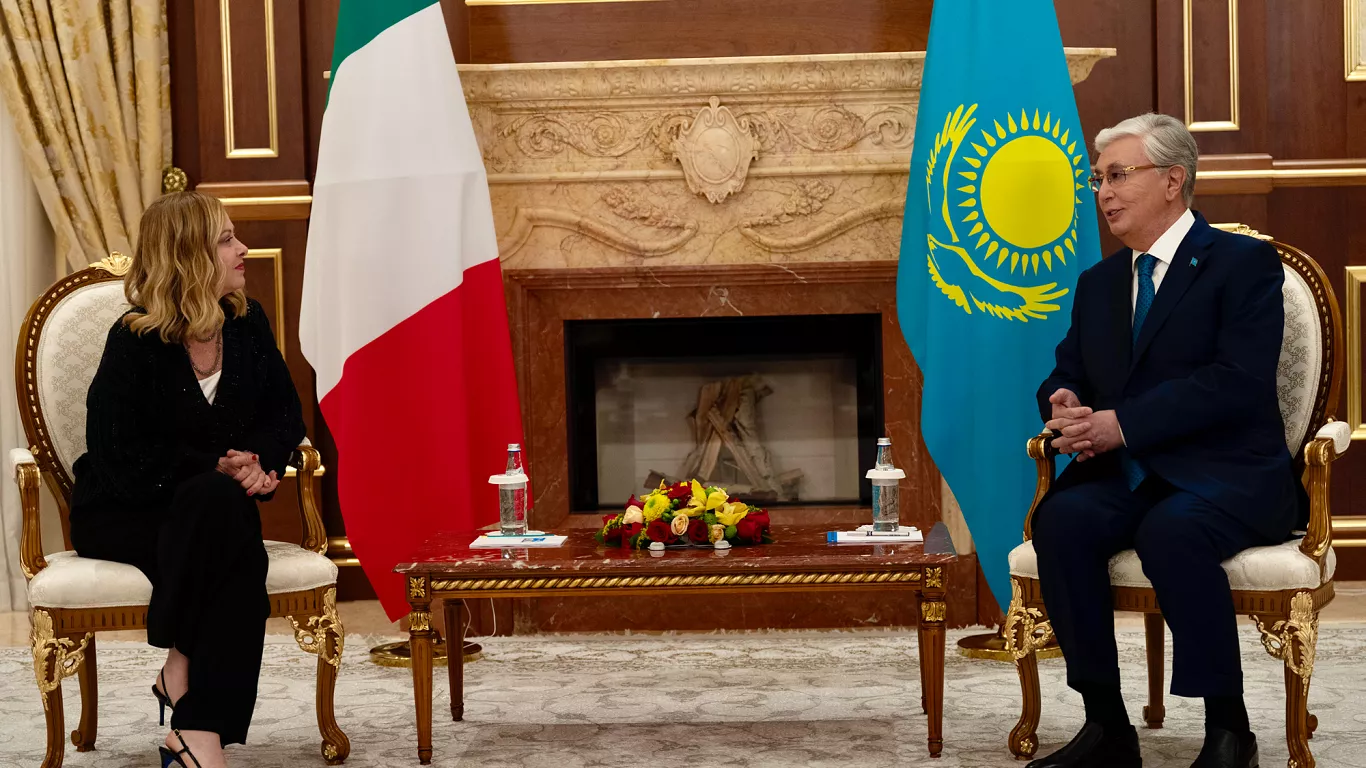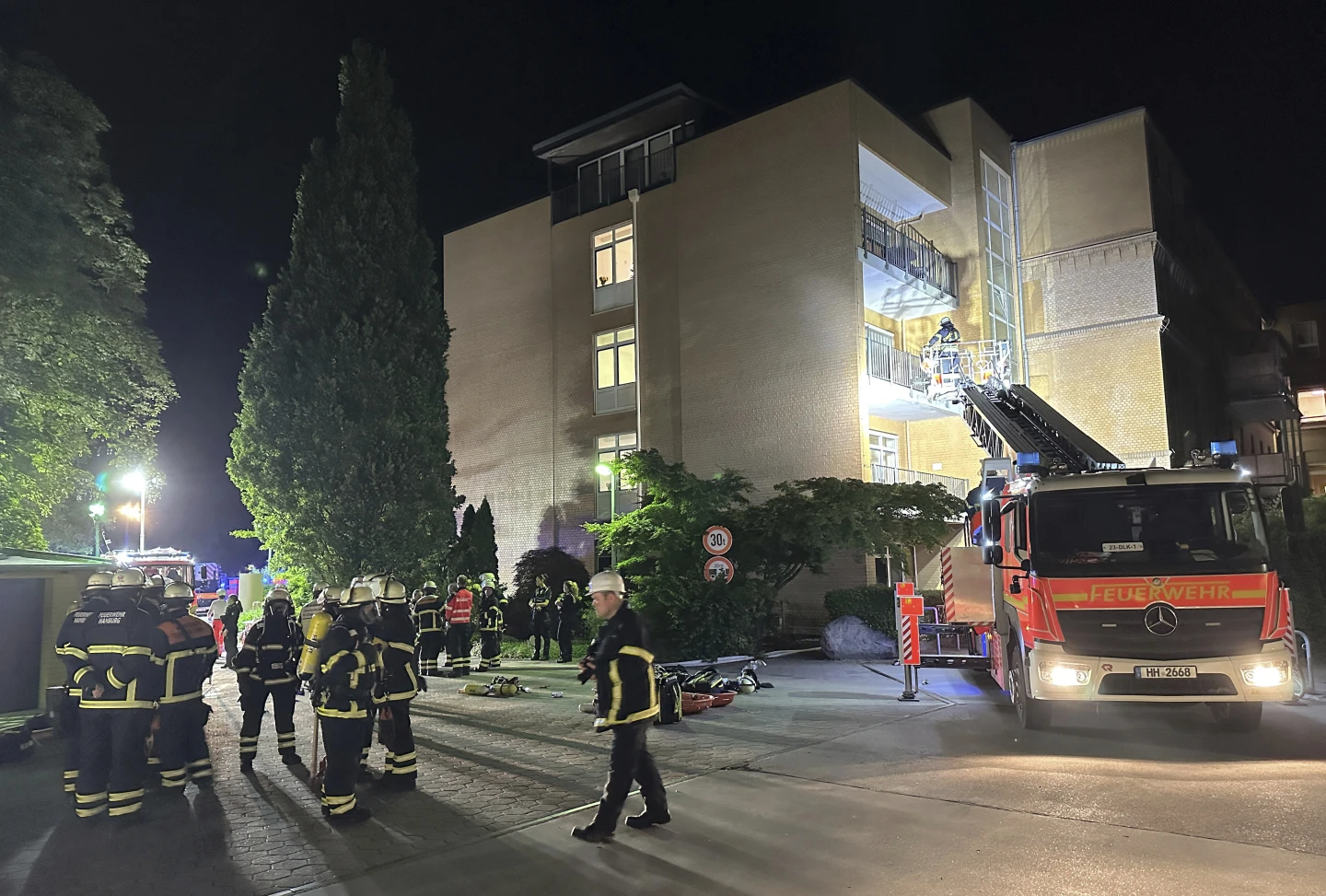May 2, 2025 (The World Standard) — The recent attack in Pahalgam, a scenic town in Indian-administered Kashmir, has once again brought the decades-old conflict between India and Pakistan over the disputed region of Kashmir into sharp focus. On April 22, 2025, gunmen opened fire on tourists, killing 26 civilians in one of the deadliest attacks in the region in recent years.
In the aftermath, tensions between the two nuclear-armed neighbors have escalated. India has accused Pakistan of supporting the militants responsible for the attack, a claim Pakistan vehemently denies. Both countries have engaged in diplomatic retaliations, including expelling diplomats and suspending key agreements.
Historical Context of the Kashmir Conflict
The roots of the Kashmir dispute trace back to the partition of British India in 1947. At that time, princely states were given the choice to join either India or Pakistan. The Maharaja of Jammu and Kashmir initially chose to remain independent but later acceded to India under duress, leading to the first Indo-Pakistani war. Since then, the region has been a flashpoint, with both countries claiming it in full but controlling different parts.
Over the years, India and Pakistan have fought three wars over Kashmir—in 1947, 1965, and 1971—and have engaged in numerous skirmishes and military standoffs. The Line of Control (LoC) serves as the de facto border, but it remains heavily militarized and volatile.
Recent Developments and Diplomatic Fallout
Following the Pahalgam attack, India suspended its participation in the Indus Waters Treaty, a critical water-sharing agreement with Pakistan. In response, Pakistan threatened to withdraw from the Simla Agreement, which has been the cornerstone of bilateral relations since 1972.
The United States has expressed concern over the escalating tensions. Secretary of State Marco Rubio urged both nations to de-escalate and maintain peace in the region. However, with both sides entrenched in their positions, the path to reconciliation appears challenging.
The Human Cost and Regional Implications
The ongoing conflict has had a profound impact on the lives of people in the region. Frequent clashes, curfews, and a heavy military presence have disrupted daily life and hindered economic development. The recent attack has further exacerbated fears and uncertainties among the local population.
Moreover, the escalation poses a significant threat to regional stability. Both India and Pakistan possess nuclear weapons, and any miscalculation could have catastrophic consequences not just for South Asia but for the world at large.
Conclusion
The Pahalgam attack has reignited the longstanding Kashmir conflict, highlighting the fragility of peace in the region. As both nations navigate this crisis, the international community watches closely, hoping for a peaceful resolution to a dispute that has persisted for over seven decades.
Source; Al Jazeera



